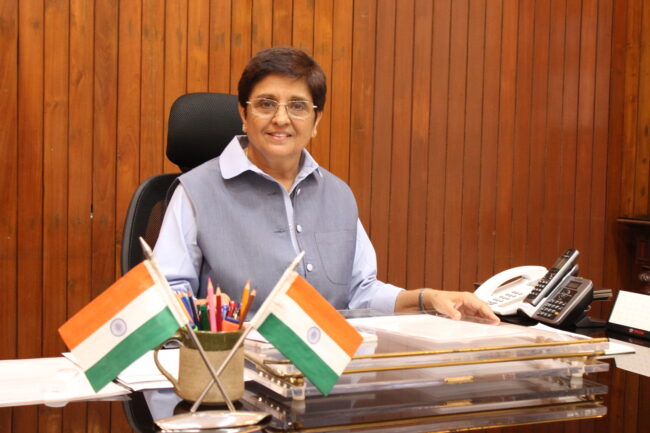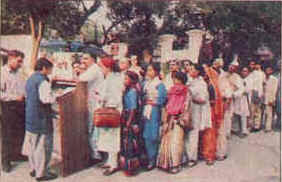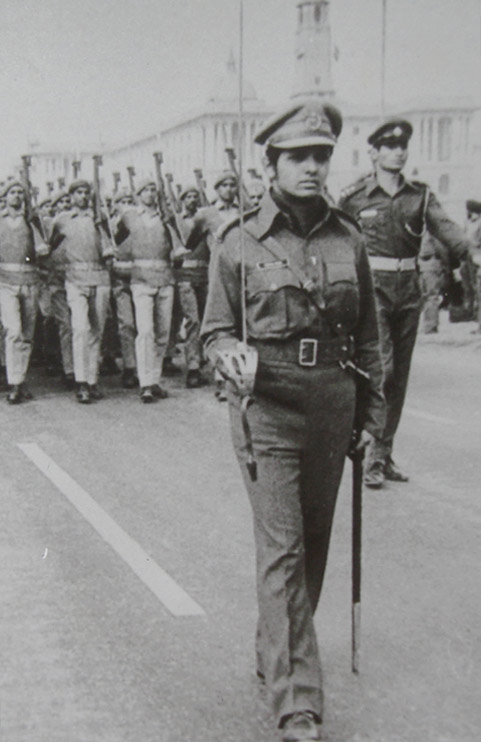
Introduction
Kiran Bedi is the first woman to have joined the officer ranks of Indian Police Service 1972.
She is the 24th Lt Governor of Puducherry and has served the United Nations as Civilian Police Advisor in Peace Keeping Operations.
She is PHD from IIT Delhi with a post doctoral Nehru Fellowship. She is an author of several books— Latest being Fearless Governance.
She is an Asian tennis champion. Winner of gallantry award and the Magsaysay Award also known as Asia’s Nobel Peace Award. She has a biopic on her life called Yes Madam Sir. Made by an Australian Megan Doneman.
She founded two Foundations, Navjyoti India Foundation and India Vision Foundation which serve the under privileged in rural , urban areas and in prisons for last 30 years.
Her latest book Fearless Governance based on ground realities as she saw in serving as the Lt Governor Puducherry as released by Ms Indra Nooyi and Prof Debashish Chatterjee They called it a “blue print for Good Governance cutting across leadership qualities both, in private and public sector”.
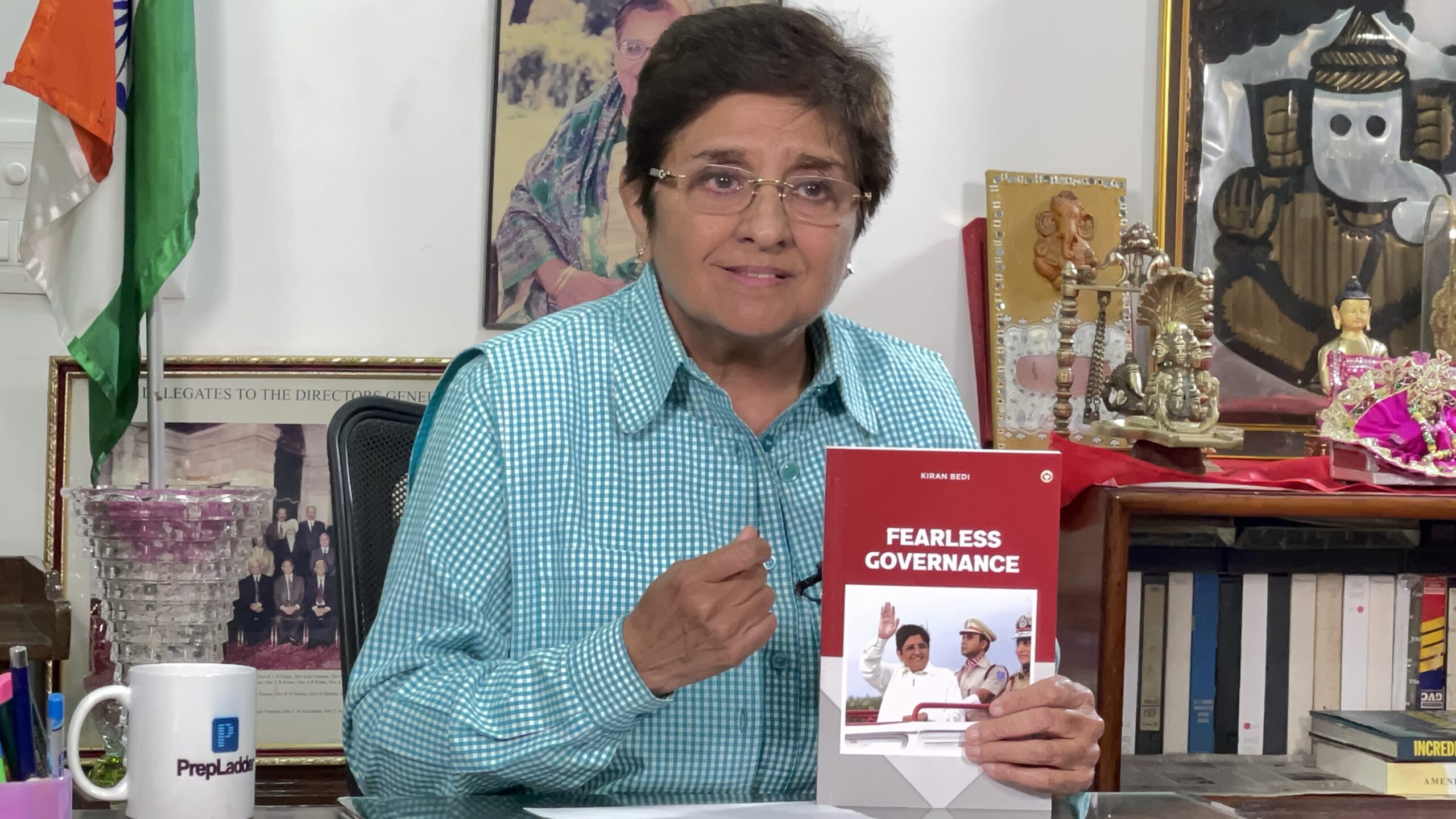
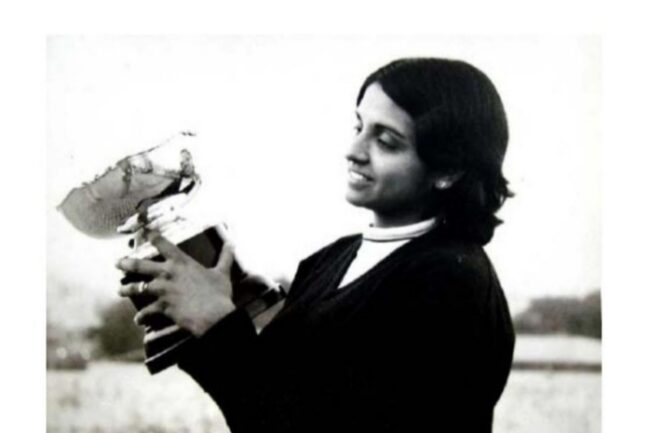
Tennis
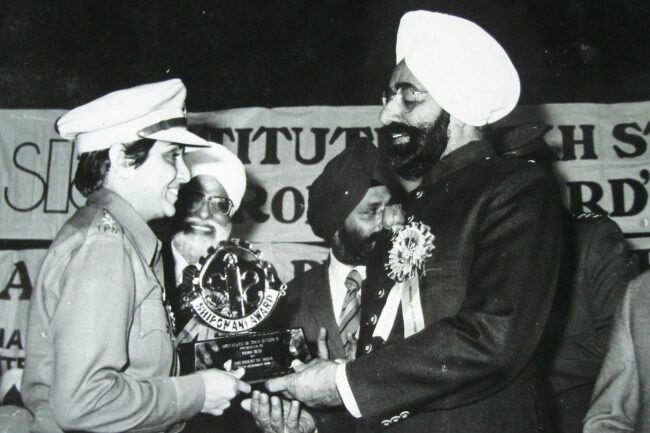
Training at National Police Academy Mt Abu
ASP Chanakyapuri
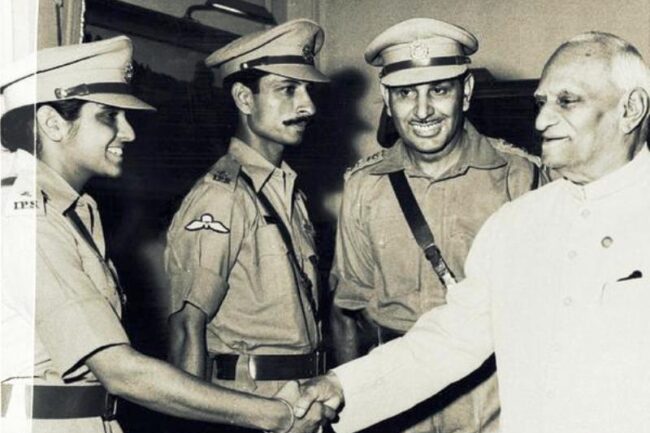
ACP New Delhi and Gallantry award
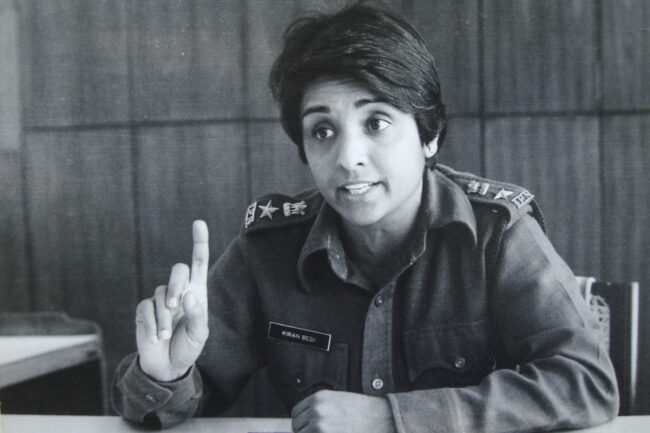
Deputy Commissioner of Police, West Delhi
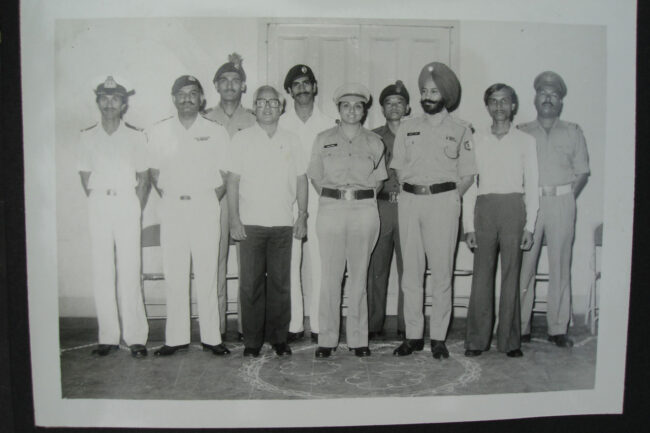
DCP Traffic
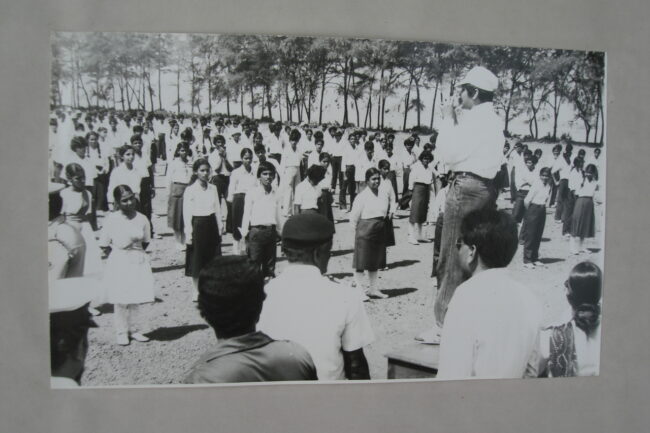
Special Traffic Police, Goa
Deputy Director at Directorate General of Industrial Contingency, Department of Industrial Development
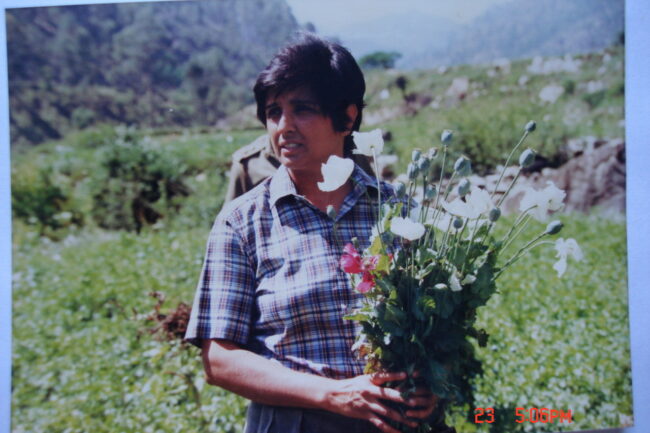
DCP North
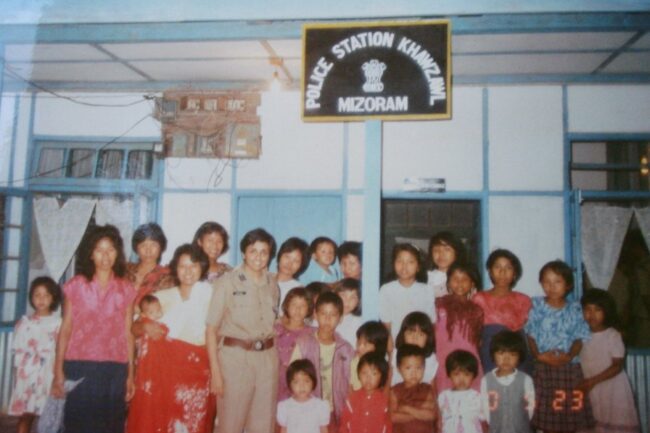
Mizoram- DIG Range
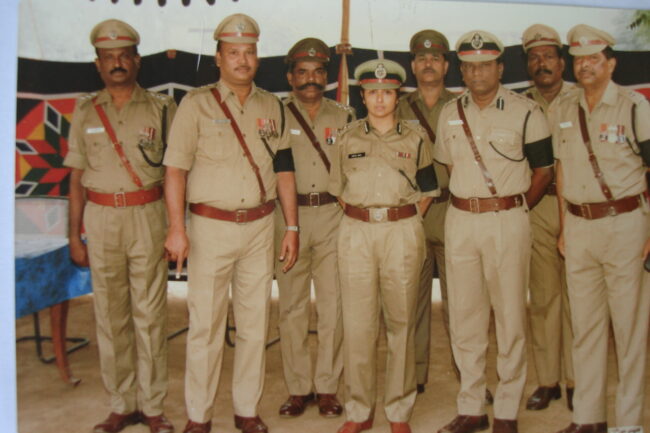
IG Prisons Tihar
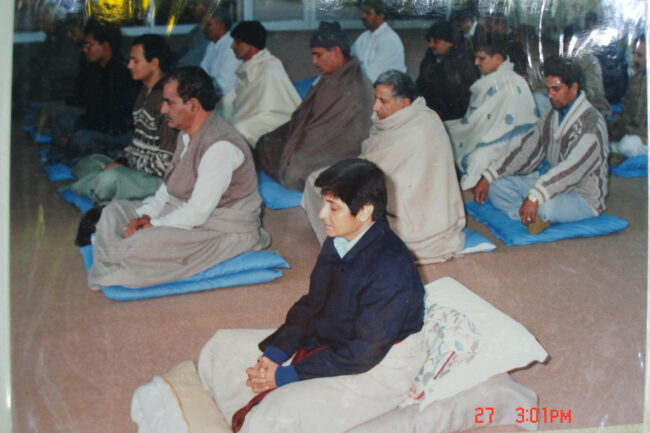
Joint Commissioner PTC ( Police Training College)
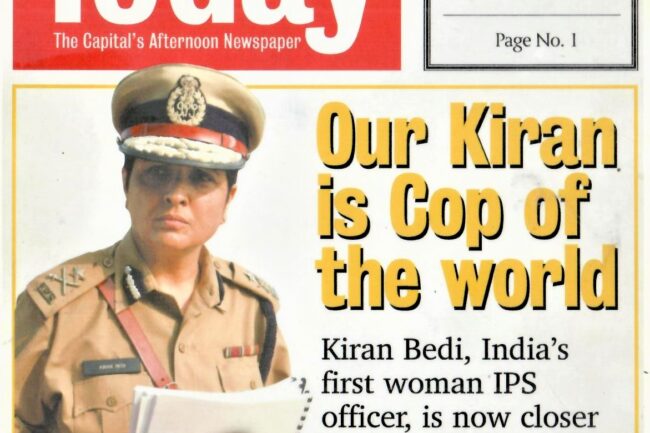
Police Advisor UN
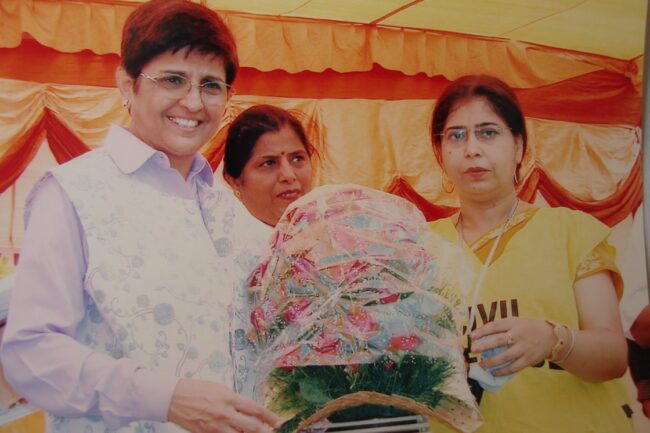
DG Home Guards
DG BPRD
